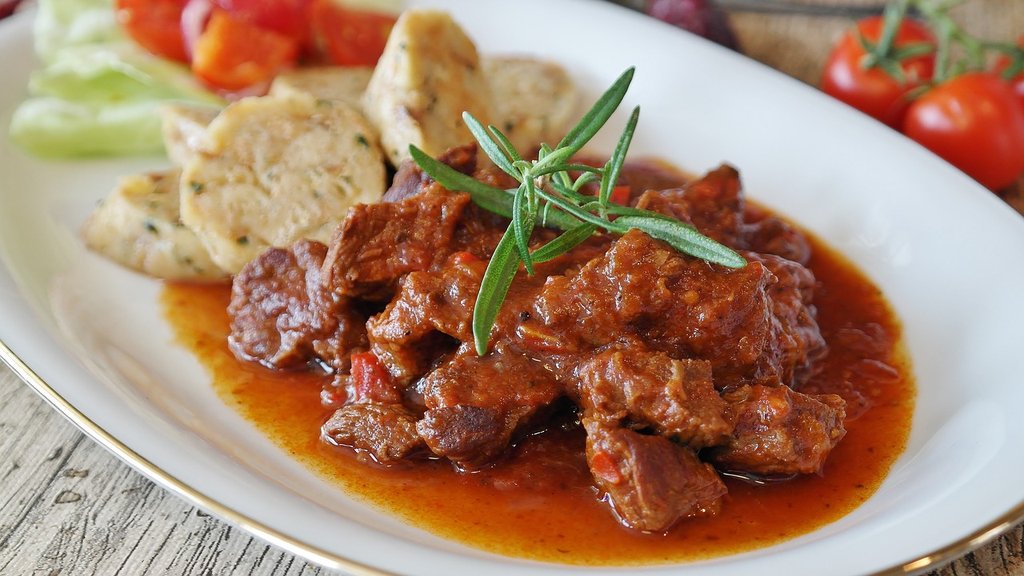ZIMSEC O Level Biology Notes: Chemicals of Life: Proteins
- Proteins are an essential nutrient to the human body as well as to other animals
- They are the building blocks of body tissue
- They also act as a fuel reserve and are used up after carbohydrates and fats stores have been exhausted
- Proteins are thus very important for the body
- Muscles and other tissues, Haemoglobin, brin, keratin, collagen, DNA, enzymes etc.
- Are all made up of proteins

Part of a protein molecule
- Proteins are macromolecules or large biomolecules
- They consist of one or more long chains of amino acid residues
- Although there are many different types of protein, all contain carbon, hydrogen, oxygen and nitrogen,
and many contain sulphur - Their molecules are made up of long chains of simpler chemicals called amino acids
- Proteins perform a lot of functions within the body including:
- Acting as a catalyst to metabolic reactions i.e enzymes
- DNA replication
- Responding to stimuli
- Transporting molecules from one location to another
- Antibodies are proteins produced by white blood cells called lymphocytes
- Proteins that contribute to the structures of the cell, e.g. to the cell membranes, the mitochondria,
ribosomes and chromosomes are known as structural proteins - In food proteins are in the form of polymer chains made of amino acids linked together by peptide bonds
- When eaten the proteins are broken down in the stomach to smaller polypeptide chains via hydrochloric acid and protease actions
- The proteins are broken down into amino acids,
- Which are used by the body to build and repair cells and to make blood cells
Foods that contain proteins
Proteins can be found in both plant and animal based foods. Chief sources of protein include:
- Meat
- Dairy products
- Fish and eggs
- Some grains for example millet and wild rice especially when unrefined
- Legumes and nuts
To access more topics go to the O Level Biology Notes page



